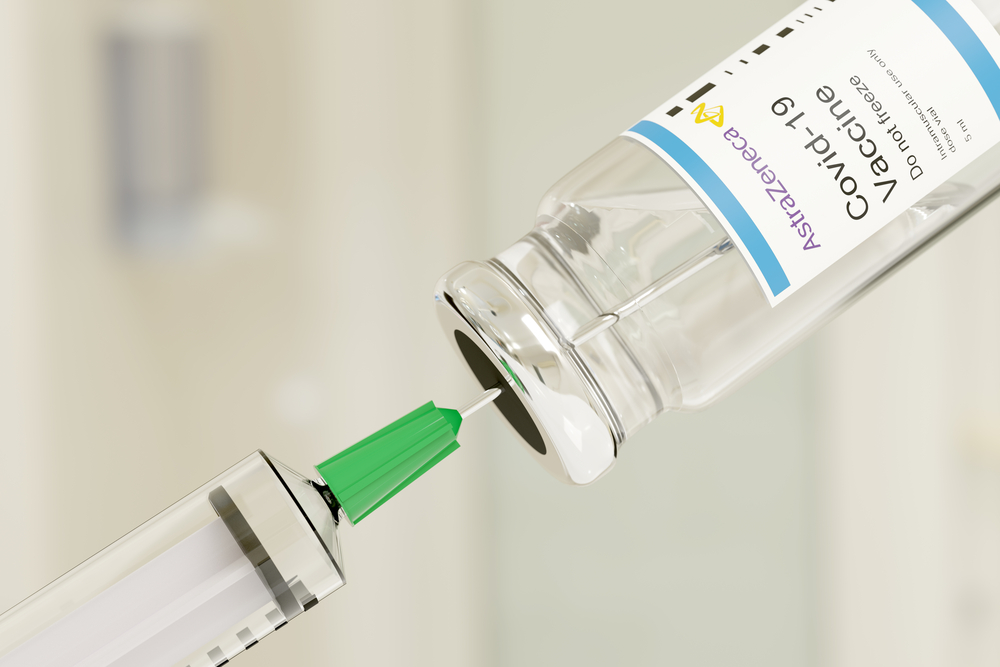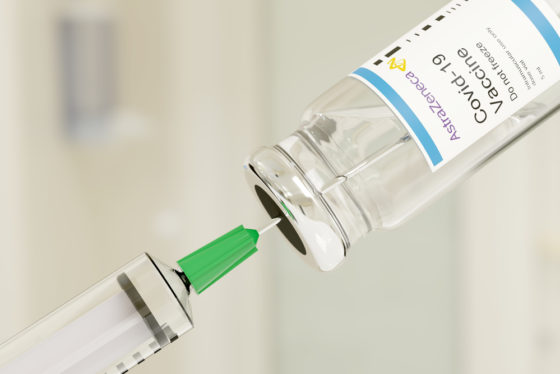European Medicines Agency will rule later today on AstraZeneca vaccine risks


The Amsterdam-based European Medicines Agency will this afternoon say whether its scientists believe there is a link between rare blood clots and the AstraZeneca coronavirus vaccine.
A small number of mainly younger women have developed a form of thrombosis after having the vaccine, leading to its use being halted in a number of countries, including the Netherlands.
As yet is is unclear if the condition is linked to the vaccine, but on Tuesday the EMA’s head of vaccination strategy Marco Cavaleri told an Italian newspaper that there was a ‘clear connection’ – even though, he said, the benefits outweighed the disadvantages. However, this was not the official EMA standpoint.
The press conference is due to start at 4pm.
So far some 400,000 people have been given the vaccine in the Netherlands and there have been five reports of this apparent side effect. All victims were female and one woman died.
That news led the Dutch government last week to suspend the use of the vaccine for the second time.
Thrombosis experts said at the weekend the government’s decision to again halt the use of the vaccine was incomprehensible and accused ministers of failing to consult them.
‘All my colleagues are baffled,’ thrombosis expert Saskia Middeldorp told broadcaster NOS. ‘It is as if the people who decide this don’t realize the implications for our vaccination programme.’
Men and women
Meanwhile, investigative journalism platform Investico said on Wednesday that the pharmaceutical companies behind the five vaccines currently in use had not properly broken their research data into side affects down on the basis of sex.
This means it is unclear if men and women suffer from different side effects after the vaccine, the platform said. Worldwide, more side effects have been reported by women.
In the Netherlands, for example, 87% of the 26,00 reports of side effects made to the Lareb watchdog were by women. However, this may be down to the fact that more young women working in the healthcare sector have been vaccinated, Investico said.
Thank you for donating to DutchNews.nl.
We could not provide the Dutch News service, and keep it free of charge, without the generous support of our readers. Your donations allow us to report on issues you tell us matter, and provide you with a summary of the most important Dutch news each day.
Make a donation